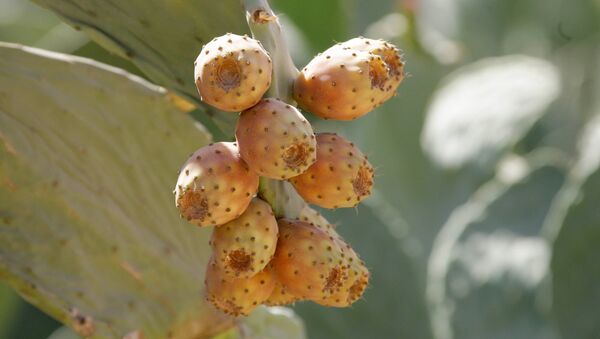The war in Syria has almost destroyed the agricultural infrastructure and fractured the system that helps farmers with seeds and to buys their crops. The humanitarian crisis in Syria is causing the country to struggle in producing enough grain to feed the people.
Farmers are also struggling to get their produce to market so it can be sold and distributed to the population.
The country's shortage of its main staple wheat is worsening. The area of land sown with the cereal — used to make bread — and with barley has fallen again this year, according to the UN Food and Agriculture Organization (FAO).
Farming infrastructure, including irrigation canals and grain depots, has been destroyed, according to the FAO. It said the storage facilities of the state seeds body across the country had also been damaged, so it had distributed just a tenth of the 450,000 tons of seeds that farmers needed to cultivate their land this season.

However according to agricultural experts, the food issue in Syria is not a new one and started way before the war began.
"From what I know there were serious problems even before the war started due to the drought and people from rural areas really suffered due to water shortages. This is happening all over the world due to climate change. When it comes to farming, war interrupts supply chains and equipment and seeds are hard to get hold of. Seeds are being eaten by the people in Syria," Nate Kleinman, co-director of The Experimental Farm Network based in the US, told Sputnik.
Mr Kleinman's organization has been building a collaborative agricultural network. They work to preserve seeds and plants around the world. They look at areas threatened by war and climate change.
With so many people now living in urban areas as opposed to rural regions, the traditional ways of growing seeds and plants are changing. The Experimental Farm Network aims to help and with its preservation scheme can send back seeds and plants to conflict areas once the war has ended.
There is also uncertainty as to what measures can be put in place to combat the food shortage, apart from ending the war there is little that can be done to help.
"Apart from ending the war, international aid is the only option. FAO is helping and I know they are providing food to people," Mr Kleinman said.
However, there is hope for the people of Syria, the war may have worsened the food crisis, but with initiatives similar to the ones run by The Experimental Farm Network, it easy to send back seeds and plants to Syria without any problem once the war is over.
"It's easy to send it back. We can just post it in the mail. Someone who is a competent farmer can grow the seeds and store the produce with ease," Mr Kleinman told Sputnik.



